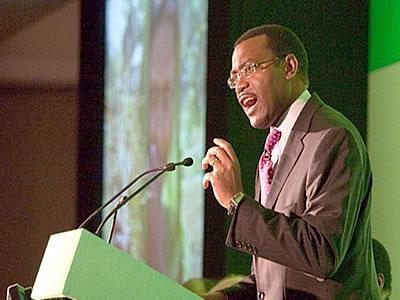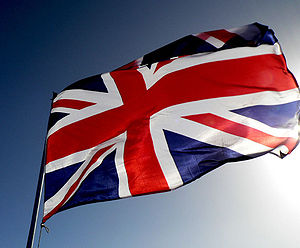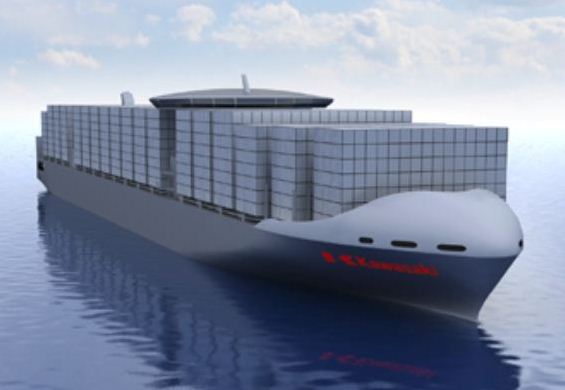Foreign Direct Investment, hitherto Nigeria
Nigeria is in a hot chase to triple foreign direct investment, FDI which is presently put at $3 billion. The minister of trade and investment Olusegun Aganga has said that we can accomplish this by promoting Nigeria as an attractive destination of investment and quality of life.
Foreign direct investment have gained traction in recent years as a result of the failure of state enterprises and state enterprises’ low productivity which have led to the privatization of these firms, turning them to privately-owned. While in the past, colonized countries and their new independent governments believed that foreign investment, foreign ownership of production, was neocolonialism, a continuation of colonialism in economic form, nationalizing these foreign- owned industry have not yielded the desired fruits.
In Nigeria, most of our foreign direct investment inflow goes to the oil sector of the economy. Experts said that foreign direct investments are efficiency-seeking which means they take advantage of cost-efficient production condition. The motive behind it all is to target sectors whose products are made solely for regional and global markets.
We understand that foreign direct investment is essential for economic growth and poverty reduction and questions abound on how foreign investment should be regulated. It is feared that foreign investment might lead to dependency or restricted development.
We think we should be on the lookout for such dependency syndrome, but on the whole foreign direct investment can bring in capital and technology, develop skills and linkages and increased employment and incomes. While investment manuals/brochures are not enough, it is important we update our investment manuals yearly or quarterly as an effective tool in promoting our investment opportunities. Above all, we can do better by improving security, filling skill shortage and rapidly improve infrastructures.








